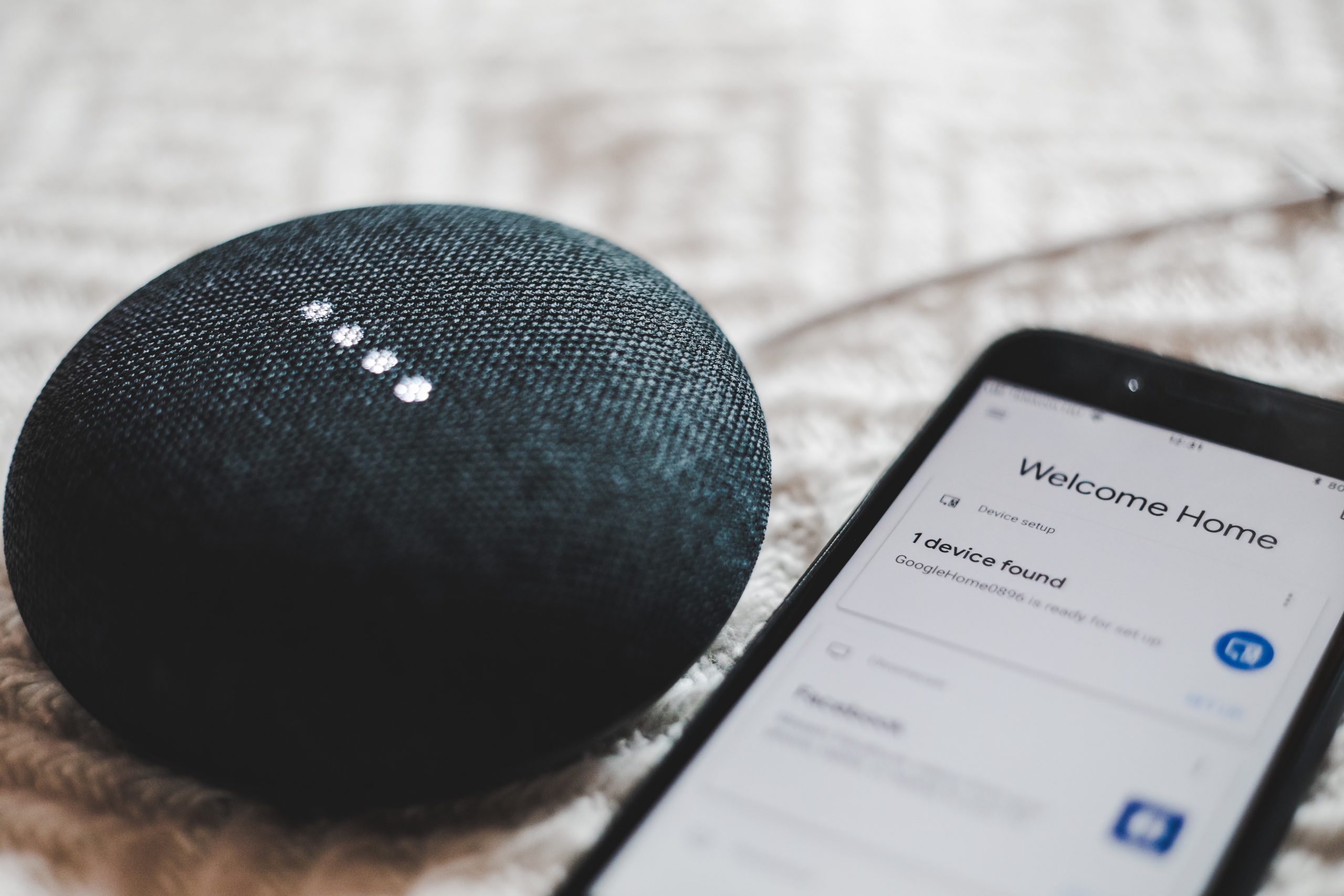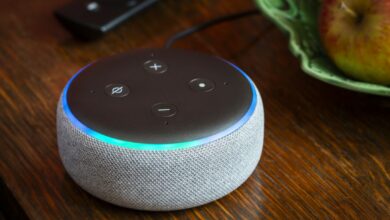A
A
A
In today’s ever growing, evolving world of technology, there are more and more options for consumers to enhance their home with the newest and coolest tech. Everything from personal assistants, home security systems, smart TV’s, hub devices and more, can create a seamless world of convenience for home owners. Take for example the assistant devices on the market such as google home devices and Amazon’s Alexa. It is a killer feature to be able to say “Hey google, turn on the lights”. Or “Hey Alexa, open the garage door and start my car”. Cool right? Well, some aren’t convinced the convenience is worth the perceived invasion of privacy that someone is always listening. While major tech companies such as Google and Amazon do contain and share their privacy policies, not all are comforted. The mere thought that spying by the government, hackers or others could be taking place, is plenty for a family with kids to be freaked out enough to skip the convenience factor all together.
Now, these advanced home assistant devices aren’t sitting there recording every word you say, but do begin recording data once the key phrases (e.g. “Hey Alexa”) are triggered. That data is not only stored as an audio files, but the transcripted text also lives in 3rd party server domains. If it stopped there it might be a bit more digestible to most, but it doesn’t. If you look deep into the privacy policies of the major tech players, you will see there is a time and a place where data is and can be shared with 3rd parties. You will also see language that essentially summarizes the existing policies to comply with law enforcement and government when it comes to requested data. Now, this is done via lawful warrants, but it doesn’t take wiretaps and bug recording devices to retrieve loads of data on those being investigated anymore. These devices hear more than people realize and can really be used against someone who is up to any nefarious, illegal deeds that law enforcement is on to.
Read More »
Where it can get even more intrusive than audio and text that is exposed with the previously discussed gadgets, is with some of today’s home security devices, especially those that contain camera systems. Most devices manufacturers have security cameras that not only record video, but also record audio and utilize some form of cloud technology to transmit and store that data. A lot can be shared from a system that is recording every movement and word. Unlike the home assistant devices, home security systems do not require any type of key word phrases to activate. They are basically rolling and recording all day and night, unless you change the settings via the associated application.
Now after reading this article, you might think of nothing but doom and gloom when it comes to these devices. However, keep in mind these things sell, and they sell big. Consumers across the world are buying and utilizing these devices and are not fearful of any invasion of their privacy, or simply aren’t concerned if someone or some entity is in fact listening. Either people don’t believe data is being shared in any type of malicious way, or they believe they have nothing to hide, so who cares if someone is listening. Everyone seems to have a very different opinion when it comes to whether these companies do have established privacy policies that do protect the consumers. It sure does feel like you have to be an Attorney to fully comprehend the policies published by these companies, so most I would say, don’t even bother to read the whole thing. There is a lot of trust put into brand names like Google and Amazon. Even the big car manufacturers (e.g. Lexus, Toyota etc.) have assistant devices built into them. So, the more technology keeps evolving, the harder it seems to be able to escape being surrounded by some device that may be listening. Keep in mind that almost everyone these days has a cell phone. Almost all cell phones these days contain some form of a personal device (e.g. Siri, Alexa, Google Assistant) that could prompt the same security and privacy concerns some of the aforementioned gadgets discussed in this article do. People don’t seem overly freaked out by their cell phones, but do by these other devices for some reason.
Spying by hackers, government, even business competitors is a legitimate fear many throughout the world share, but it seems impossible these days to avoid some type of smart device that has listening and recording capabilities. Those like me, who are not up to anything nefarious or evil, and trusts the Googles of the world, enjoy the benefits of the technology, but I do understand the fears and concerns of others that are out there.






